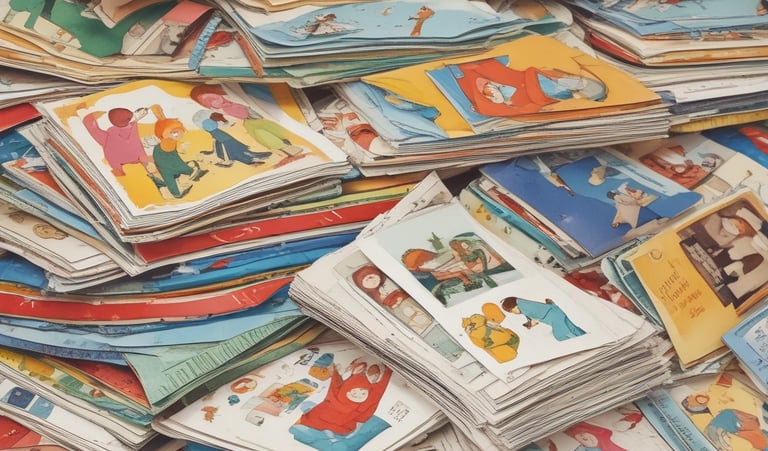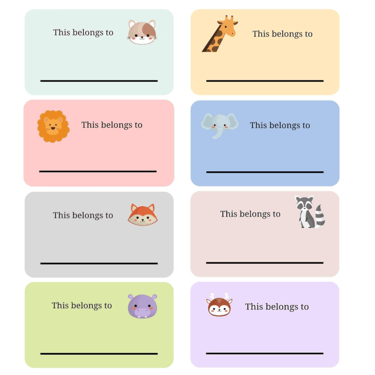My Kids Keep Ruining the Books!
Make your books last longer
READING
12/8/20243 min read


My Kids Keeps Ruining the Books!
Teach Kids to Take Care of Books
It can be frustrating when your books get damaged. With a little patience and guidance kids can learn how to handle books with care and responsibility . Here are some practical tips to help children learn to protect their books and to respect their belongings in general.
1. Explain the Impact of Damaged Books
Help your child understand that when a book is damaged, it prevents others from enjoying the story in the same way. A torn page, scribbled markings, or a bent cover can make it difficult for others to fully appreciate the words or illustrations. Explaining to children from a young age that books are meant to be shared and enjoyed by many helps them realize the importance of taking good care of their reading materials.
2. Teach Respect and Responsibilty
For older children, this is a great opportunity to discuss the importance of respecting other people’s belongings. Explain that books belong to everyone who reads them, whether it’s a family member, friend, or even a library. Foster a sense of responsibility for taking care of books and others’ property.
3. Model How to Handle Books Gently
Take the time to demonstrate how to open a book carefully, turn the pages gently by the corners, and avoid folding or bending the pages. Children often learn best by mimicking the actions of adults, so showing them the proper way to treat books will help them internalize these habits.
4. Model Proper Storage
When you're finished with a book, put it back in its proper place on the shelf, spine facing out. This not only helps preserve the book but also keeps the reading area organized. If you see a book lying around, gently point it out by saying something like, “Oh no, I see a book on the floor!” This reinforces the idea that books need to be handled with care.
5. Encourage Clean Hands
Teach your child to handle books with clean hands to avoid dirt or stains. Books can easily get dirty, and sticky fingers or spills can damage them beyond repair. If your child understands the importance of keeping their hands clean when reading, they’re more likely to treat the books with care.
6. No Books at the Table
Set a simple rule that books should not be taken to the table where food and drinks are present. Food crumbs and drink spills are common causes of book damage, so keeping books away from the table can help keep them in good condition.
7. Set Simple Book Care Rules
Establish a few basic rules to protect your books and to help them last longer. For instance, make it a rule that books should be kept away from food and drinks. Books should be kept off the dinner table unless an adult is reading. Another guideline you might want to set is that writing or coloring in books is off-limits unless they are specifically designated for that purpose, like coloring books. You can come up with your own rules to fit your family.
8. Protect Books with Covers
If you have some favorite books that are starting to show signs of wear, consider using plastic covers or contact paper to protect them. These protective layers can prevent tears, spills, and other damage, extending the life of your books. there are also reusable book sleeves that you can keep in book area and have children take off and put them on when they are reading specific books.
transparent plastic book covers
9. Stay Organized
A tidy and organized bookshelf is crucial for preserving your collection. Consider color-coding or categorizing your books to keep things neat and easy to manage.
creating the perfect reading corner
10. Label Books for Easy Identification
Labeling your books with your name is a simple way to keep track of them. Whether your child brings a book to school or lends one to a neighbor, having a name and phone number on the book ensures it doesn’t get lost or misplaced.
By following these tips and setting clear expectations, you can help your child learn the importance of caring for their books. With time, they’ll develop the habits needed to enjoy books for years to come.




